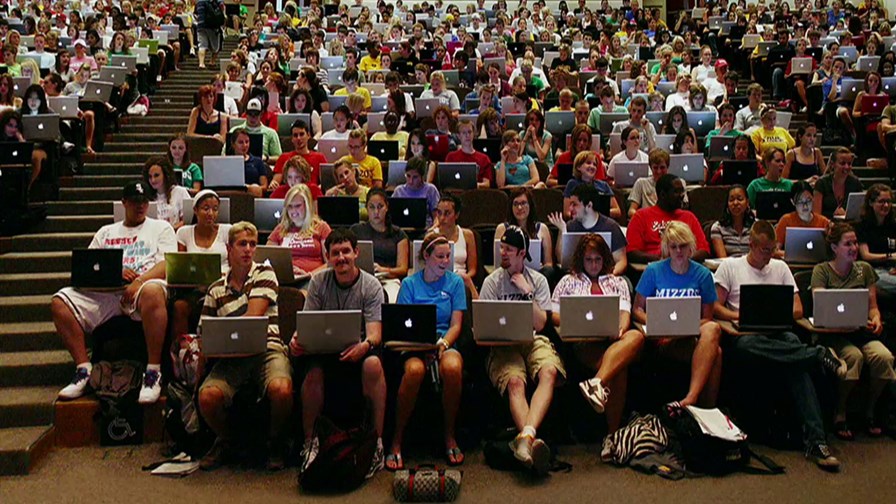
via Flickr © luc legay (CC BY-SA 2.0)
- Closing the digital divides
- Boingo reveues took a quick nose dive
- Facebook funds affordable housing
- iPhone is the most hackable
- A word or two on quantum computers
A dazzling mix of topics and villains in today’s spicy fusion cuisine, designed to be as cool as possible to help cope with soaring temperatures
The UK seems to have pretty much closed its digital divides if the Office for National Statistics is anything to go by (and it probably is). It reports that in January to February 2020, 96% of households in Great Britain had internet access, up from 93% in 2019 and 57% in 2006 when comparable records began. Internet connections in households with one adult aged 65 years and over have increased by 7% since 2019 to 80%. That leaves about one in five elderly households without a connection, which considering all the factors involved, seems pretty good.
Wi-Fi operator Boingo discovered some new things about its business model through the lockdown.While many other CSP models held up rather well, much of Boingo’s revenue is dependent on people hanging around airports, railway stations and hotels and generally travelling about. Its revenue nose dived 14% year-over-year in the second quarter.
Inauthentic behaviour? Desperately trying to look socially conscious, Facebook has been stressing that it is committed to addressing its local housing crisis by funding community partners. It claims to have created hundreds of affordable homes near its Menlo Park HQ - an affordable housing crisis partly brought on by Facebook itself invading the area.
A new study by Case24, the customisable phone case outfit, analyses which handset brands in the UK are the most prone to being targeted by hackers. Top of the list is the iPhone, owners of which, it is claimed, are 151 times more likely to be hit by hackers than any other handset. Is nothing sacred? It seems hackers spend a lot less time having a pop at LG and Sony mobiles. They're safer because they're just not sexy enough to warrant the effort needed to compromise them. Samsung devices are the next most popular target but their attacks are way, way fewer than those on iPhones. Meanwhile, UK consumers with an Instagram account are 15 times more likely to have it attacked than a Netflix subscription. As usual, Facebook and Snapchat continue to face concentrated barrages of hack attacks. Somebody out there doesn't like them.
Let's hear it for those boffins developing quantum computers with the aim of consigning traditional encryption to the dustbin of history. In 2016, the US National Institute of Standards and Technology (USNIST) launched a competition to develop new cryptology standards that will be "more quantum-proof". It has just been announced that the winner or winners will be announced in 2022. So no hurry then.
Email Newsletters
Sign up to receive TelecomTV's top news and videos, plus exclusive subscriber-only content direct to your inbox.




